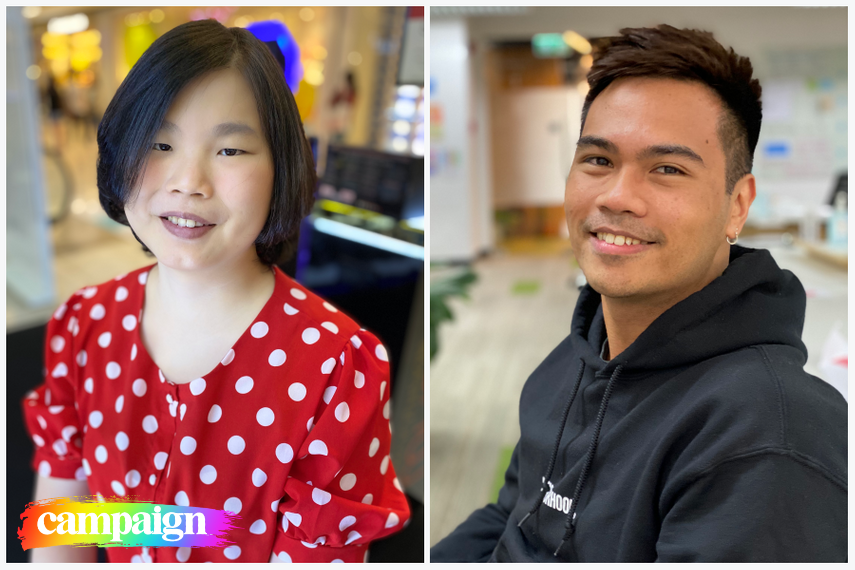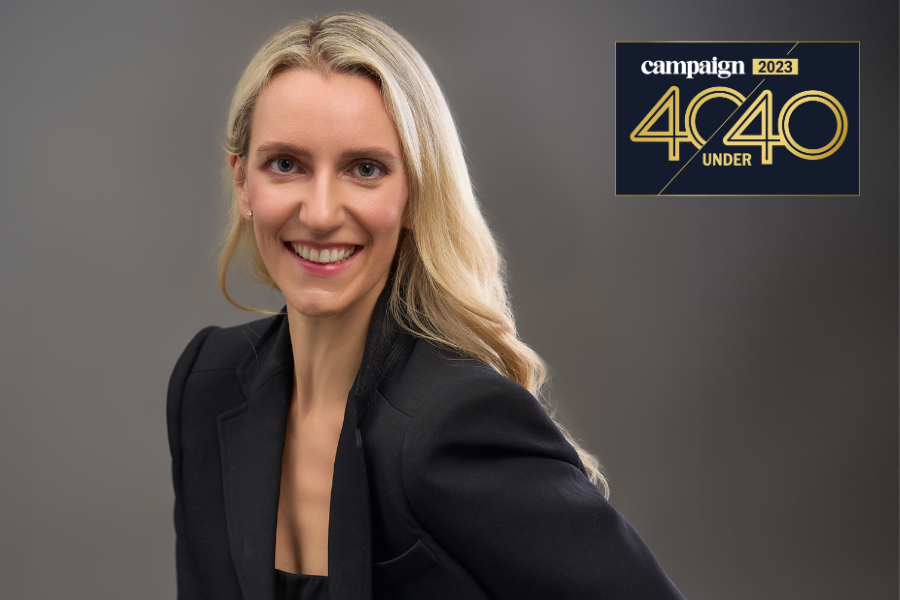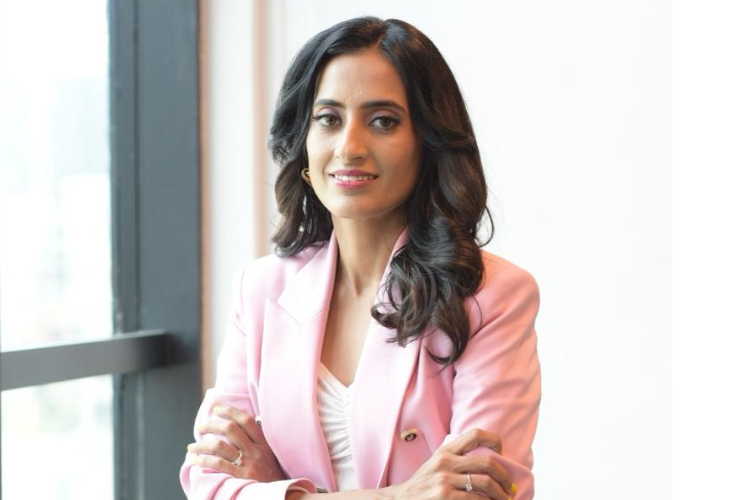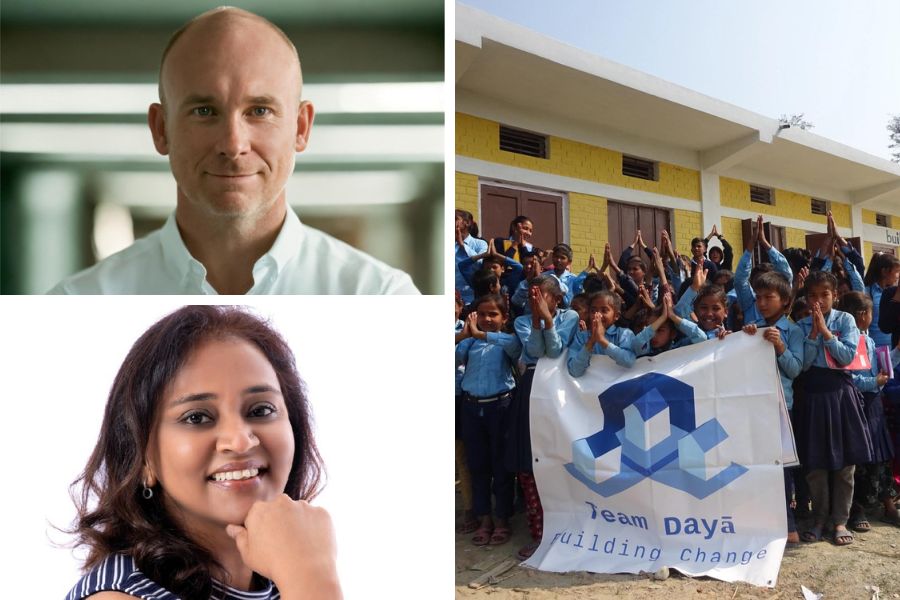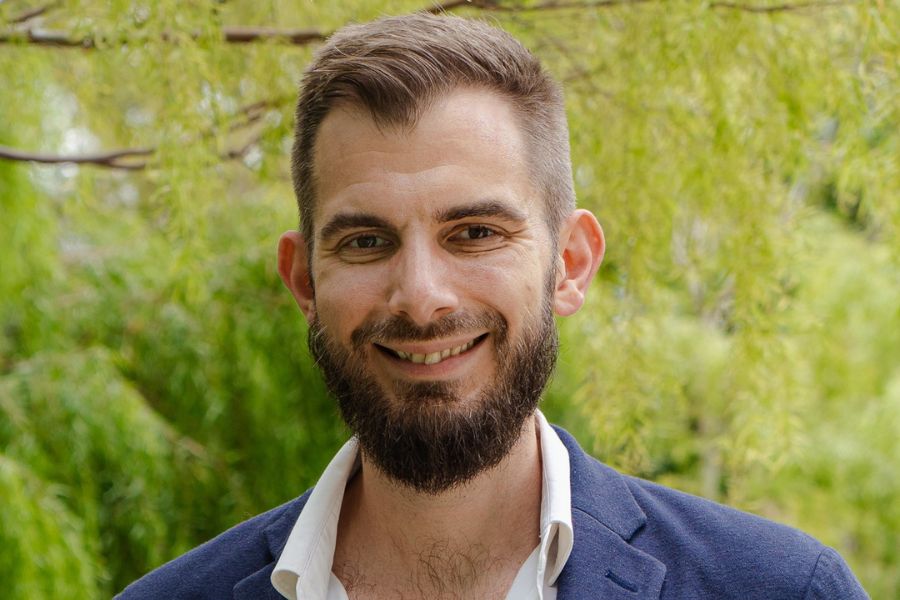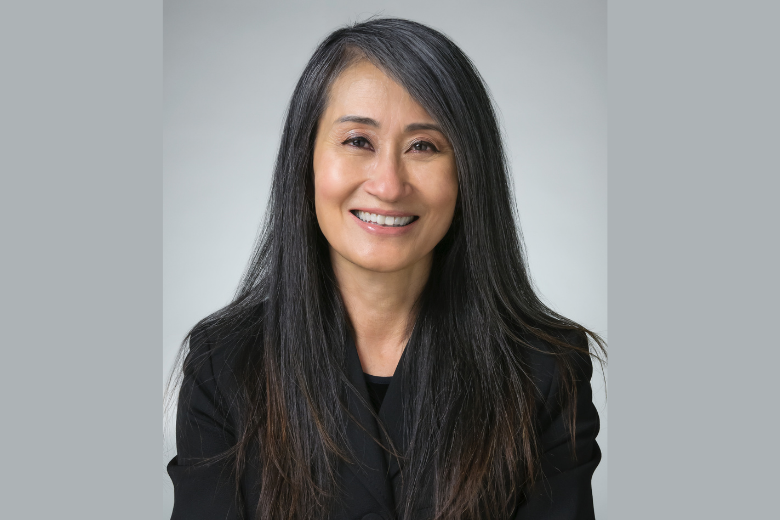The diversity and inclusivity agenda can sometimes feel dominated by one or two forms of diversity rather than giving equal weight to the full spectrum.
Arguably the most progress—or the most awareness and highest proportion of formal initiatives—has been made on gender diversity, since this represents broadly half of the global population. The conversation about race has been catapulted to the top of the agenda in 2020, with companies around the world looking inward to see if the racial diversity of their staff reflects that of the wider community—and introducing formal measures to improve this if not. It is troubling that it took another tragic incident of racially charged police brutality to trigger this kind of review, but unfortunately history shows that progress is neither swift nor easy. By no means have initiatives targeting race and gender progressed enough, but awareness is rising.
These are two of a myriad of diversities, and with conversations around diversity increasingly demanding an appreciation for intersectionality, it is important that other diversities are equally in focus and understood.
With that in mind, Campaign Asia-Pacific spoke with two openly-LGBTQIA+ individuals working in the technology industry to understand their experience at work, and whether enough is being done in Asia-Pacific to ensure the industry is representative and accepting of LGBTQIA+ individuals.
Bella Thapapon Sethpitak and Ika Belerma both work at software consultancy ThoughtWorks. Sethpitak is a consultant developer and a Thai transgender woman. Belerma is a quality analyst from the Philippines and identifies as a proud gay man. He works between ThoughtWorks' Singapore and Bangkok offices. Both have been actively championing the acceptance of the LGBTQIA+ community in the tech sector. Specifically, Sethpitak is an outspoken advocate and activist within and outside of the workplace, speaking frequently on topics such as diversity and inclusion and mutual respect. Belerma is the "unofficial LGBTQIA+ ambassador" at ThoughtWorks—since the company does not have a formalised LGBTQIA+ initiative in Southeast Asia as it does in other markets such as the UK, Spain and India. Belerma is "optimistic" that by continuining to champion diversity internally, "one day this [will] naturally progress to a more organised movement".
Campaign: What is your experience as an LGBTQIA+ individual in the technology sector? Have you ever faced discrimination based on your diversity?
Bella Thapapon Sethpitak: I am quite lucky that in my career thus far, I never faced discrimination. Everyone has treated me very well. They respect who I am, allow me to voice my opinions, and let me work to my best ability at my job.
Ika Belerma: When someone mentions discrimination, it makes me think of lost opportunities or cases in which I was disfavoured because I am openly gay. By that definition, I’m fortunate in that I don’t think I have faced discrimination in the tech sector. On the other hand, I can think of many times where I’ve faced microaggressions, like “harmless” jokes or teasing. I’ve acted or reacted to those instances in various different ways.
Do you believe the tech sector to be more or less inclusive than other sectors? Why?
Sethpitak: I believe that the tech sector is generally more inclusive than most other industries. We assess people based on their specific technical skills as opposed to other traits, like gender or personality.
Belerma: This question is not easy to answer because I feel we get different mileage depending on which community we are exposed to. I feel like the tech sector is fundamentally tribal: we stick to ourselves, and gravitate towards each other because of our common beliefs. There are pockets of inclusivity, and then there are those that are less inclusive.
| Campaign Asia-Pacific and Kantar recently launched our annual inclusivity and diversity survey, this year covering inclusivity across an expanded spectrum: gender, age, race, physical ability, mental health, and caretaking needs, among others. Please take part in the anonymous survey here—the more respondents we can get, the more accurate a picture we can paint of the state of the marcomms industry. |
Is there enough of a focus on LGBTQIA+ in existing diversity frameworks in Asia?
Sethpitak: I don’t believe there is enough focus on LGBTQIA+ in Asia. Also, actions to promote the well-being of members in the LGBTQIA+ community are done by a small minority of people, as opposed to actions taken at a large, country-level scale.
Belerma: There is definitely a more apparent focus on LGBTQIA, but I don’t think it will be ever enough. We create these “diversity frameworks” to close gaps. I would rather imagine a future where we don’t have to close those gaps anymore.
Do you believe there are certain markets in APAC that are more accepting of the LGBTQIA+ community than others? If so, why?
Sethpitak: I believe that Thailand is one of the countries in Asia that widely accepts LGBTQIA+. This is due to the nature of Thais; we are kind, friendly, and have open hearts. We also see LGBTQIA+ people appear in popular media likes movies or game shows, and that those movies or game shows become popular.
Belerma: It is very hard to talk about APAC without talking about our diverse cultures and attitude towards LGBTQIA+ topics. There are countries that have a wealth of their own gender traditions, and similarly, there are countries that were heavily influenced by colonization. Similarly, this intersection of tradition and westernization has varying influence on how people perceive what LGBTQIA+ means to them. If we are going to compare countries, we can look towards countries that have been able to carve laws against discrimination (Thailand) or in support of Marriage equality (Taiwan), among other examples.
When it comes to LGBTQIA+ acceptance, what progress have you seen being made, and where is there still progress to be made?
Sethpitak: Progress can be seen in how many countries have established laws that legalize same-sex marriage. In contrast, we need to see more progress being made through relaxing some religious beliefs that discriminate against LGBTQIA+ community.
Belerma: To answer this question I may have to expose my age, because I feel I lived in a different era. When I was growing up, gay characters in the media have always been fundamantally misrepresented, and have a lot of sad endings. That’s not to say that this isn’t still true today, but at least we don’t see much of the doom and gloom themes too much anymore.
But I digress. Without sounding watering down how much progress we need to make, I believe we need to continue pushing for better representation, and hopefully the rest will follow.
What advice would you give businesses looking to create more inclusive environments for people across the LGBTQIA+ community?
Sethpitak: Businesses should explicitly declare that they fully welcome and support people in the LGBTQIA+ community. They can promote more activities both internally and among the wider community that promotes the involvement of people in the LGBTQIA+ community. Company policies should also be established in a way that supports how LGBTQIA+ people live.
Belerma: Ensure a safe space for everyone. Encourage open discussion. Try not to overdo diversity programs; the last thing you want to do is to unconsciously alienate others.
| We understand LGBTQIA+ individuals may have different experiences to those described above. We would love to hear from you. Please reach out to the editorial team or share feedback on the website. |

